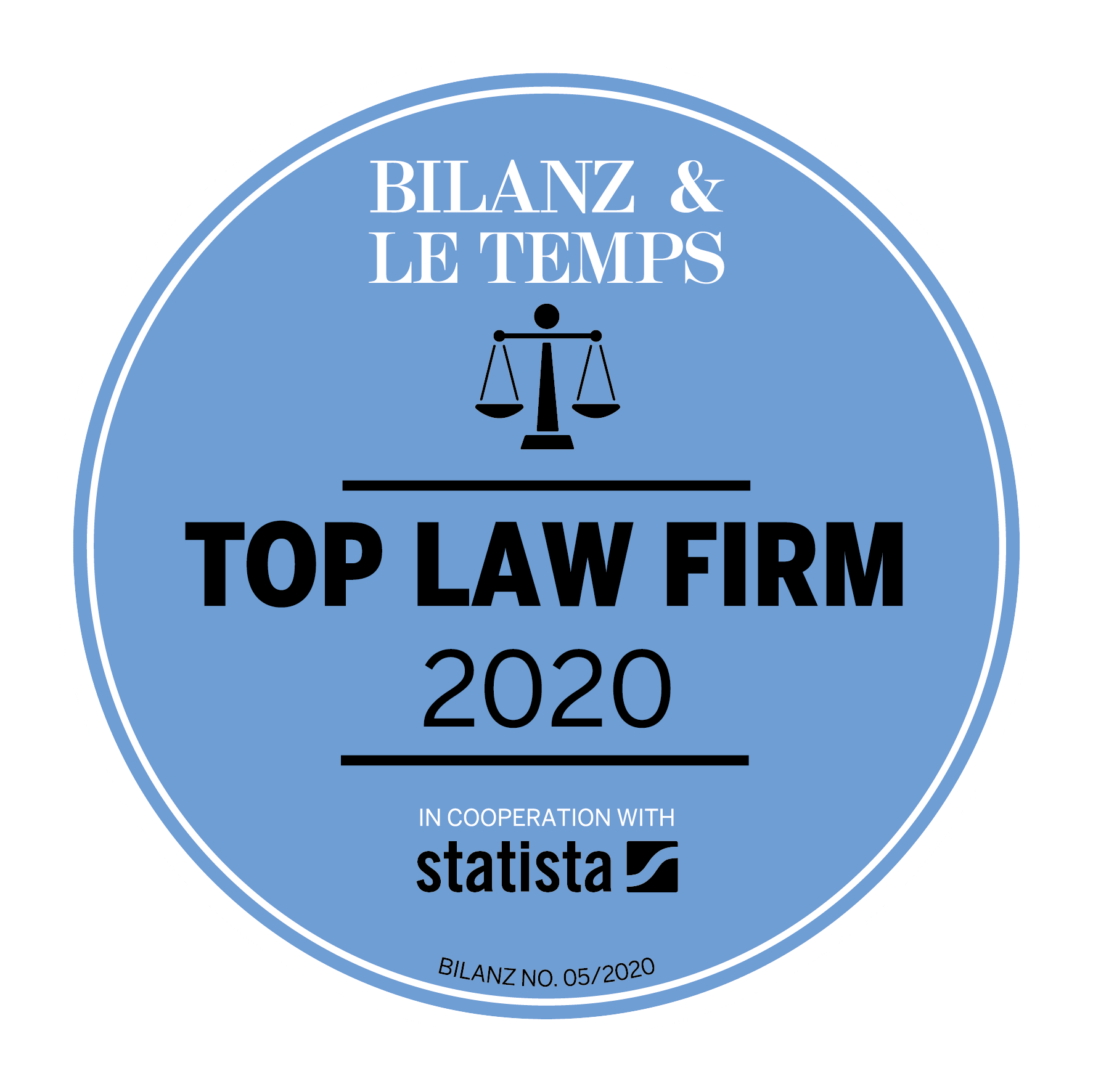Abolishment of cantonal tax privileges
One of the core points of the tax reform 17 is the abolishment of the privileged taxation regimes of certain companies. In particular, this applies to holding companies and administrative companies such as domicile companies and mixed companies. Such companies are only paying reduced or no income taxes on cantonal and communal level. At the federal tax level, these companies are already paying ordinary taxes today.
The tax burden due to the transition from privileged taxation to ordinary taxation can be reduced by applying the two-rate system according to the provisions of the tax reform 17. Existing hidden reserves realised during a maximal transition period of five years are taxed at a reduced special tax rate. This special tax rate will have to be determined by each canton. Alternatively, already today many cantons allow the disclosure and subsquent impairment/amortization of disclosed hidden reserves during a longer period of time. Privileged taxed companies need to decide in the year 2019 at the latest with which method the tax burden of the transition to the ordinary taxation shall be reduced.
Dividends and capital gains in connection with qualified participations of at least 10% will remain subject to the participation exemption after the implementation of the tax reform 17. Therefore, even after the implementation of the tax reform 17 the income from qualifying participations of holding companies should still not lead to income tax consequences.
Tax reliefs
There will be a number of new tax relief measures to compensate for the abolishment of the cantonal tax privileges. The focus is on a general reduction of the income tax rates on cantonal and communal level. Most cantons plan to reduce their profit taxes, some of them significantly. The Canton of Zug, for instance, is aiming for an effective income tax rate of approx. 12% including federal, cantonal and communal income taxes.
The tax reform 17 will introduce further tax reduction measures on cantonal and communal tax level, in particular: (i) deductibility of expenses for research and development in the amount of 150%, (ii) qualifying income from patents is subject to a lower taxation (patent box), (iii) notional interest deduction in high tax cantons. However, the overall tax relief combining all measures (including impairments of disclosed hidden reserves) should not exceed 70%.
Furthermore, companies moving to Switzerland can write off disclosed hidden reserves during a period of ten years.
With respect to capital taxes, the cantons may introduce tax reliefs in connection with equity that can be attributed to qualified participations or to loans within a group of companies.
Further changes in tax law
Part of the tax reform 17 is the adjustment of the partial taxation of dividend income of individuals: at federal level, dividends from qualified participations of at least 10% will be taxed in the amount of 70% (currently 60%). The so-called transposition (Transponierung) currently triggers only taxes if participations of at least 5% are sold; in the future, this 5%-threshold will be abolished.
Changes regarding the distribution of capital contribution reserves: If listed companies distribute tax free reserves from capital contributions they also have to distribute (taxable) dividends from other reserves in the same amount. However, there are exemptions available for companies that have moved to Switzerland on or after February 24, 2008.
The content of this newsletter does not constitute legal or tax advice and may not be used as such. If you need advice with regard to personal circumstances, please reach out to your contact person at Reichlin Hess AG or to the authors of this newsletter.
Our tax advisors would be happy to support with any further questions you may have regarding this topic.
